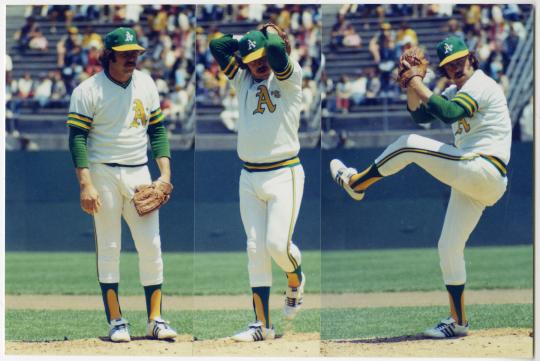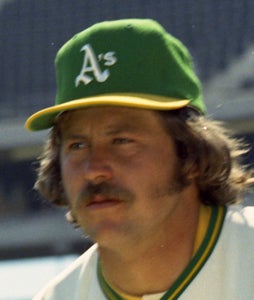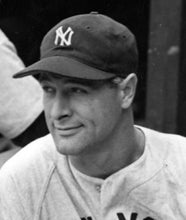- Home
- Our Stories
- Catfish Hunter wins 1974 AL Cy Young Award
Catfish Hunter wins 1974 AL Cy Young Award
Ask anyone who played with him or against him, and Jim “Catfish” Hunter will rank as one of the greatest clutch hurlers ever to toe the rubber.
On Oct. 30, 1974, Hunter was named the American League’s Cy Young Award winner by the Baseball Writers’ Association of America. Hunter went 25-12 that season with a league-best 2.49 earned-run average and a league-low WHIP (walks + hits / innings pitched) 0.986.
More importantly, Hunter led his Oakland Athletics to a third straight World Series title, winning one Fall Classic game and saving another in the A’s 4-games-to-1 victory over the Dodgers.
Signed as a bonus baby by the Kansas City A’s in 1964 – the year before the creation of the MLB Draft – Hunter debuted in the big leagues as a 19-year-old in 1965, going 8-8 in 32 appearances. The next season, Hunter was named to the first of his eight All-Star Games.
But it wasn’t until the A’s moved to Oakland in 1968 that Hunter really blossomed. As Athletics’ owner Charlie Finley assembled what would become a dynasty, Hunter became a veteran leader on a team often agitated by their win-at-all-costs owner.
Hall of Fame Membership
There is no simpler, and more essential, way to demonstrate your support than to sign on as a Museum Member.
He went 21-11 as the A’s won their first American League West title in 1971, then followed that with marks of 21-7 and 21-5 in 1972 and 1973, leading Oakland to World Series titles while pacing the AL in winning percentage both seasons.
From 1972-74, Hunter averaged 290 innings pitched per season. And while he never struck out more than 196 batters in any season of his career, he always seemed to get the outs that counted.
In the postseason, Hunter went 7-2 in seven series with the A’s.
Following the 1974 season, Hunter was declared a free agent by an arbitrator after Finley failed to make annuity payments called for in Hunter’s contract. A massive bidding war broke out for Hunter’s services, ending when the Yankees signed the pitcher to a five-year, $3.2 million contract – making Hunter the highest-paid player in the game. The contract established a baseline for what free agents might be worth – something that would be put to the test a year later when free agency became a reality in baseball.
Hunter gave the Yankees their money’s worth in 1975, going 23-14 in 328 innings pitched with 30 complete games in 39 starts.
But after posting a 17-15 record in 1976 – while helping the Yankees reach their first World Series in 12 years – Hunter began to show signs of wear.
He won a combined 21 games in 1977 and 1978 – though he was widely credited with helping a diverse Yankees team come together for two World Series titles.
“In good times, in bad times and again in comeback times, Jim Hunter has been a model of deportment – never big-headed, never bitter, never self-pitying,” said Dick Young in the New York Daily News. “He’s just a farm boy with tons of innate class. He ranks Hall of Fame on character as well as performance.”
He retired after the 1979 season with a career record of 224-166 and a 3.26 ERA.
Hunter was elected to the Hall of Fame in 1987. He was diagnosed with amyotrophic lateral sclerosis – Lou Gehrig’s Disease – in 1998 and passed away at the age of 53 in 1999.
Craig Muder is the director of communications for the National Baseball Hall of Fame and Museum
Related Stories
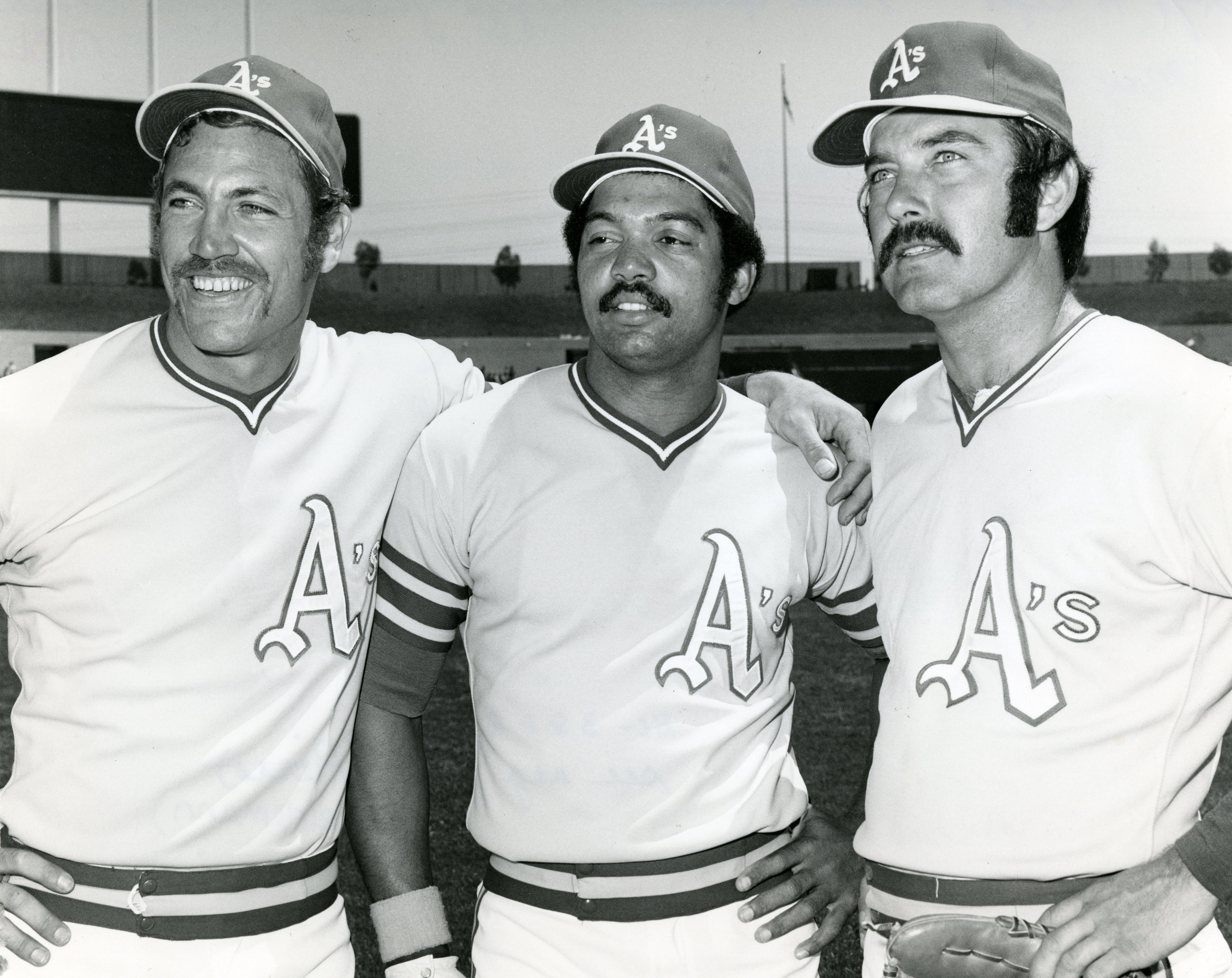
A’s shut down Big Red Machine in thrilling Game 7
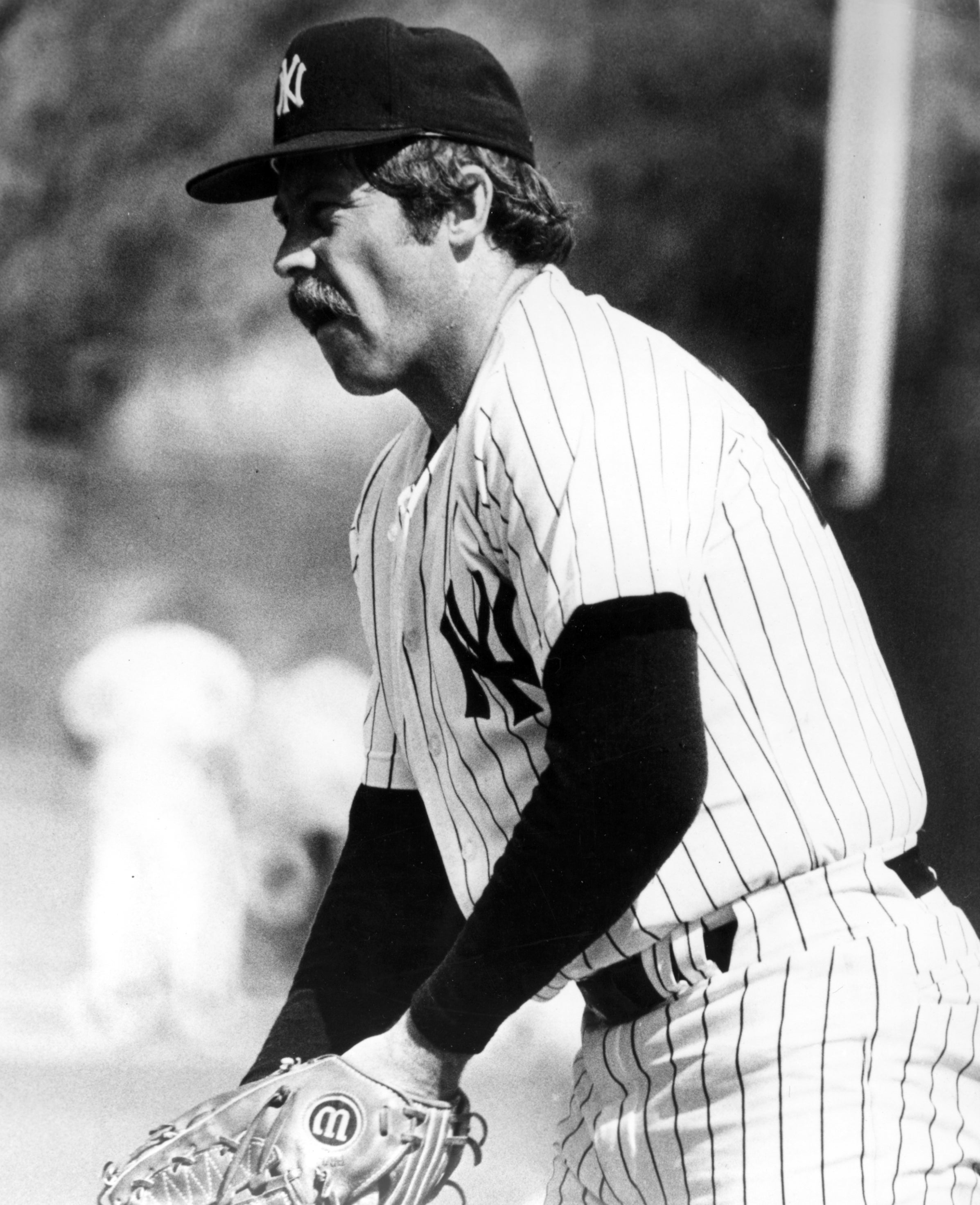
Catfish Hunter signs free agent contract with New York Yankees
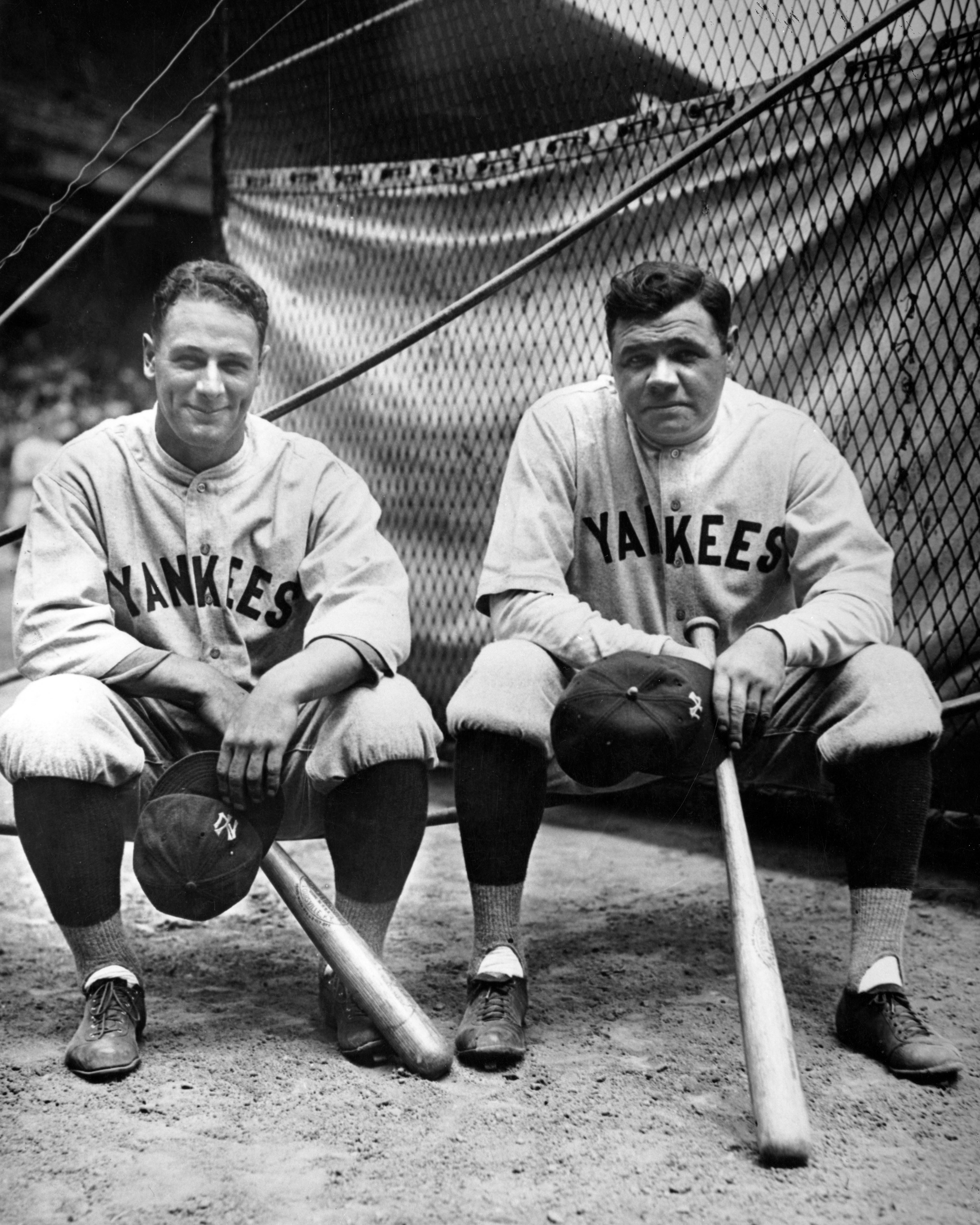
Lou Gehrig hits four consecutive home runs
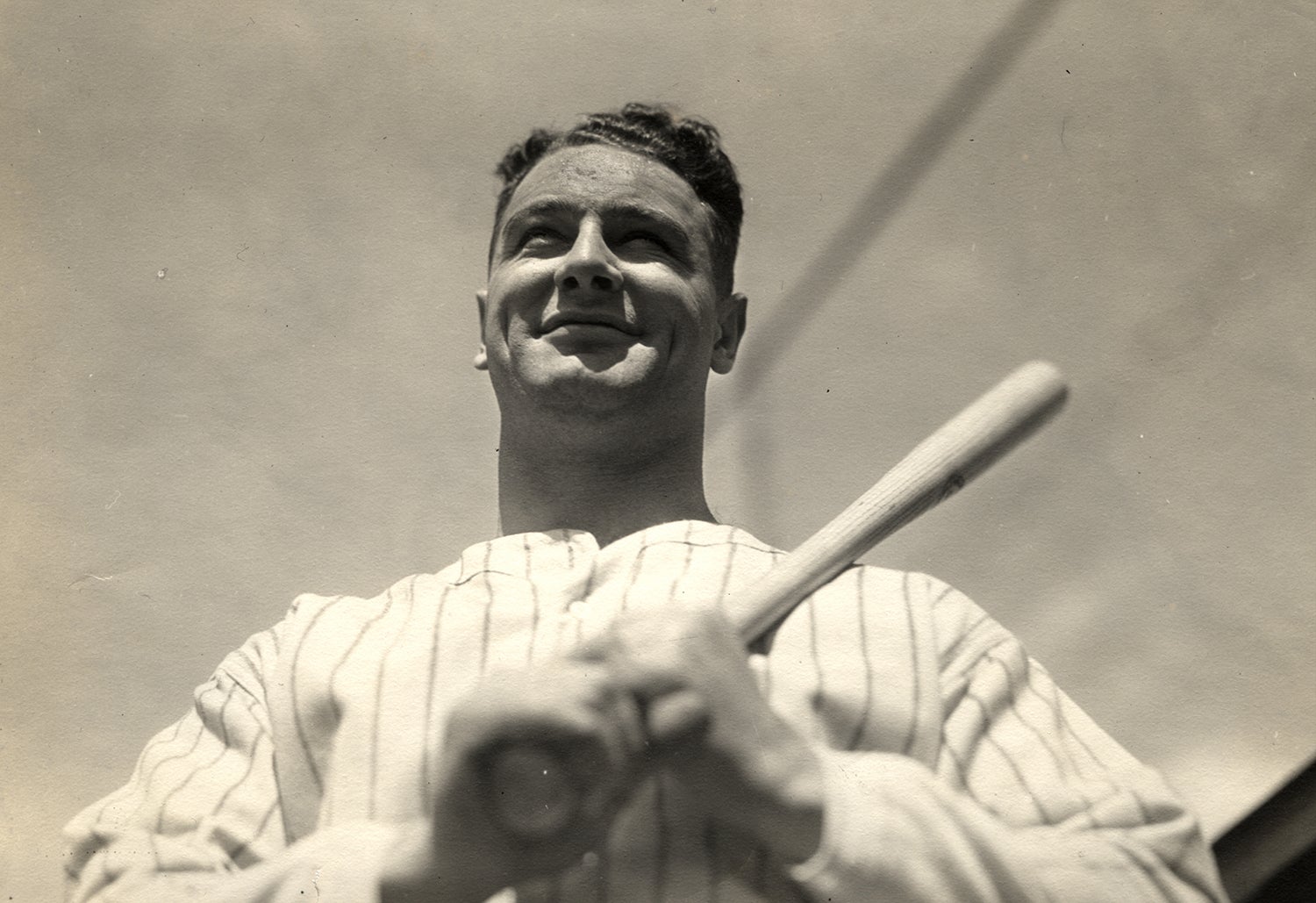
Lou Gehrig Day at Yankee Stadium

A’s shut down Big Red Machine in thrilling Game 7

Catfish Hunter signs free agent contract with New York Yankees

Lou Gehrig hits four consecutive home runs




